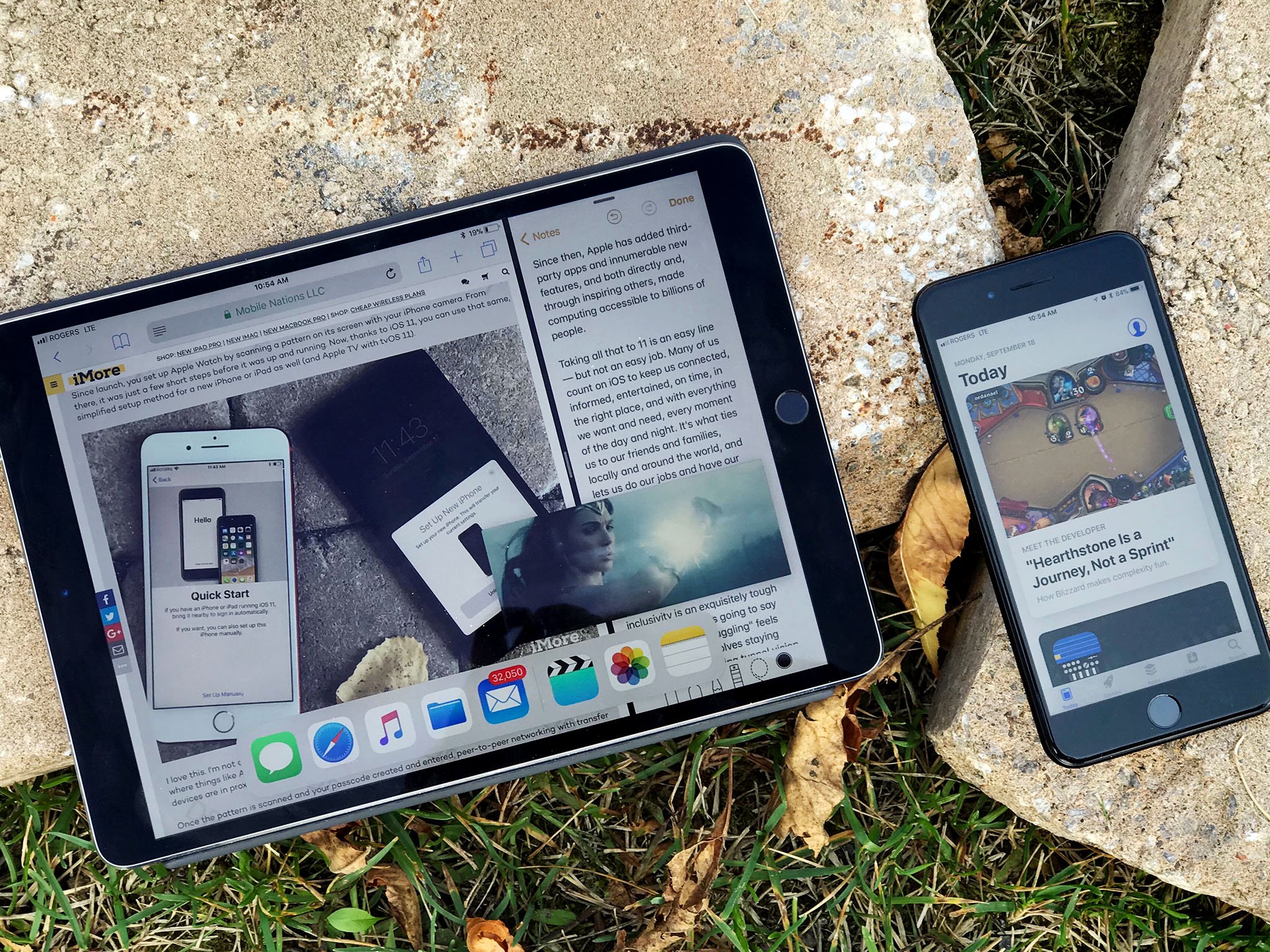This is a big first step towards being the real owner of your health data.
Apple has been helping the medical world go digital with tools like CareKit and ResearchKit for a while now: These tools allow developers to build apps for the medical community, allowing them to securely share relevant patient data in very specific situations. With iOS 11.3, Apple is making it possible for patients to take a more active role in their health data with the new Health Records area in the Apple Health app.
Here's how Health Records are going to work in iOS 11.3.
A central location for your health data
Apple Health currently lets you collect your biological data from a combination of smart scales, fitness trackers, heart-rate monitors, and hundreds of other accessories in a single place. Health Records lets you do the same thing, only with medical data recorded by any participating care provider. Things like your last recorded immunization or the results of your last blood test can be sent to your Apple Health app, making it easier for you to share that information with other care providers or use that information to make informed decisions about your next appointment.
The limits of the Health Records section of Apple Health depend largely on how much information your participating care provider offers. If your care provider is sharing this information with you, it makes sharing important information with other care providers you visit much faster and more convenient. Things like prescription information, especially a history of prescriptions, is the kind of thing that would be very useful for someone to have on them instead of just recalling from memory.
Why this matters
Your medical information is incredibly important. For those who are very ill or preparing to have surgery, ready access to your medical information is something all of the people working to care for you need in order to do their jobs effectively. But it's 2018 and a lot of medical offices in the US still rely on fax machines to send patient data from one office to another. Those with more modern interfaces frequently run into problems effectively sharing digital forms of medical data with care providers using a different digital system.
Being able to reach for your phone to share details of your last blood test or prescription list with any care provider is incredibly powerful. It makes their job easier, but it also puts you in control of the information. It removes obstacles like calling a busy office or worrying that the information was faxed to the wrong number.
Naturally, the biggest hurdle here is the same hurdle every digital medical record system faces. Doctors, hospitals, clinics, and labs all need to adopt a system that works with Apple Health for any of this to work. But by making those tools available through CareKit and ResearchKit long before Health Records was a part of Apple Health, there's a much greater chance that some users will immediately have at least one provider ready to work with your phone.
Is this safe?
You don't usually walk around all day every day with your full medical profile in your back pocket, so it's not unreasonable to wonder if doing so with an app is a good idea. Keeping that information secure is important, and while your iPhone is already fairly secure thanks to things like passcodes, TouchID, and FaceID (you're using at least one of these, right?) there's some extra security in Apple Health for your Health Records.
According to Apple, Health Records data is encrypted and protected with a passcode. That means this has a layer of security completely separate from your normal unlock and access process. This passcode can't be quickly bypassed with a fingerprint or with your face, you have to purposefully enter in a 4-6 character code to access this information.
It's not currently clear if this passcode will be different from the passcode you use to unlock your phone, but we'll update this as soon as we have confirmation.
from iMore - The #1 iPhone, iPad, and iPod touch blog https://ift.tt/2GBSg4G



Comments
Post a Comment